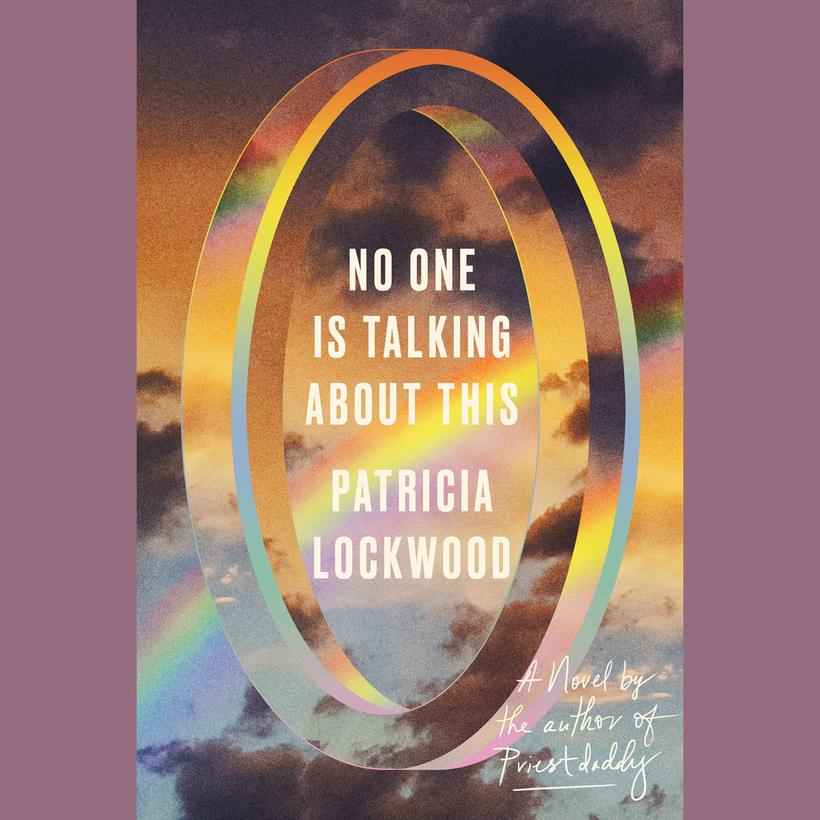No One Is Talking About This by Patricia Lockwood
Just after the midpoint of No One Is Talking About This the narrator (known only as “she”) meets a man and experiences a very specific kind of intimacy. They share “something even better than being soulmates … they were exactly, and happily, and hopelessly, the same amount of online”.
Reading this short, infuriating and very entertaining novel, I felt the same recognition. As Patricia Lockwood piles up allusions to Twitter memes and in-jokes about that social media site, only two reactions are possible: the not-online will feel total and healthy incomprehension, but the too-online will know that they are in the company of a kindred spirit.


